Throughout the years, the Association of Jesuit Colleges and Universities in Asia Pacific (AJCU-AP) has hosted several Service Learning Programs (SLP) for the students of its member institutions in higher education. The SLP is an immersion program wherein students engage and collaborate with local partner communities towards empowering shared advocacy. The program, therefore, provides a global, experiential, and formative opportunity under the service-learning framework that grounds academic learning on something more holistic and sensitive to sociopolitical and cultural issues that affect a wider, shared world.
On 04-18 August 2024, the Ateneo de Davao University (ADDU), Philippines, hosted the 13th AJCU-AP SLP, with the theme, “Democracy under Siege: An AJCU-AP Service Learning Program on Democratic Resilience.” During the intensive, two-week program, student participants, faculty companions, and local communities engaged in collaborative analysis and problematization of the challenges confronting modern systems of democratic governance. But more importantly, the participants were also called to explore innovative strategies for fortifying resilience and democratic freedoms amidst these challenges.
This year’s SLP was hosted in Davao City, located in the southern Philippines, a highly urbanized city that serves as the main trade, commerce, and industry hub of Mindanao. It is also the regional center of the Davao Region, making it a significant economic and political center in the area. Participants explored historical injustices, ethnic, religious, and political struggles, and initiatives for resilience and development, immersing themselves in a culture of encounter. Participants shared in the meaningful engagement as they encountered the multicultural context of Mindanao. While they were discovering new aspects of a different culture and ideology, they also experienced the program as something revelatory of their own realities and aspirations for their community and country, especially within the context of democratic challenges.
Thirty-seven (37) participants from seven (7) different Jesuit universities, including Sanata Dharma University, Indonesia; Sophia University, Japan; Xavier Learning Community, Thailand; Instituto São João De Brito, Timor-Leste; Ateneo de Manila University, Philippines; Ateneo de Davao University, Philippines; and Xavier University – Ateneo de Cagayan, Philippines, participated in the program.
On Democracy
The current sociopolitical climate is marked by the rise of populism, the erosion of civic trust, and the persistence of social inequalities. These issues threaten to undermine the democratic spirit of governance. The fragility of democracy should, therefore, be emphasized along with a call for heightened vigilance against the forces that dilute the truth and diminish the power of the people.
Inclusive governance and robust civic engagement stand as the bedrock of democracy. Upholding democratic rights and freedoms thereby necessitates the preservation of democratic institutions and the appreciation of their diverse administrative frameworks across nations. The SLP is designed with this premise in mind. Hence, the program fostered discussions on the dynamics of democratic erosion and resilience across a spectrum of societal sectors—including the urban poor, vulnerable individuals, indigenous peoples, and other significant community groups—while also embracing diverse cultures and emphasizing global citizenship, intercultural dialogue, and cross-ideological exchange.
The SLP scheduled plenary sessions that provided the contexts, inputs, and perspectives and generated meaningful conversations, as well as a fireside chat on democracy.
On Ignatian Formation
The AJCU-AP champions the Jesuit mission in Asia and the Pacific by fostering transformative education and Ignatian formation among the students of its member institutions. The AJCU-AP SLP, therefore, suffused service-learning with Ignatian values that call to the learners to be men and women for others. This sense of responsibility and accountability is important in the formation of servant leaders whose compassion and drive are critical in every effort dedicated to nation-building.
The service learning framework referenced the Ignatian Pedagogical Paradigm in fostering holistic learning that is fully contextualized and critical of its learning premise, rooted in experience, and inspires both cognitive and personal involvement, deepened by reflection and a search for meaning, made truly impactful as the learning inspires action, and is reinforced by in-depth evaluation.
After every plenary session, the participants had a distillation sessions for sharing and unpacking learning experiences.
On Social Engagement and Meaningful Encounters
The interactive activities included community exposures, immersion, and other cultural activities. This allowed the participants to learn the riches of culture, tradition, and uniqueness of a local community as well as understand the struggles and challenges confronting the host locality, especially within the context of democratic rights and freedoms. In addition, part of the process was to instill the value of service, expressed through an action of solidarity or a common legacy project that would manifest their response to the experiential learning process.
The delegates were immersed for three days and two nights with foster families in Barangay Vicente Hizon Sr., Purok Baybay, Davao City. This coastal community, facing Samal Island, struggles with poverty and marginalization due to limited economic opportunities and climate change.

I truly appreciate everything I’ve learned. Before this, I didn’t know what to expect. Talking about democracy used to intimidate me, but after all the talks, fireside chats, and hearing everyone’s perspectives, I feel more prepared.
I’m going home with one thought and challenge: “What now?”
We’re very thankful for this opportunity and appreciate everyone for opening your hearts and ears to us. The concepts, experiences, and stories we’ve encountered can be overwhelming—where do we start, or how do we put our learnings into action in the programs we create back home?
What I’ve realized is that if you know the “why,” the “how” will follow. And what is that “why”? It’s simply the desire to make people’s lives better because they deserve better.
With the discomfort and disturbance we’ve experienced, especially from the immersion—keep that ache in your heart. Keep that pain in your heart because that pain shows that you’re still human. You’re not yet numb to the treacherous nature of this world.
Disclaimer: No copyright infringement intended. We do not own nor claim to own any of the background music used in this video.
Salient Learnings Gained, Goals, Objectives, and Strategies
(From the Post-Program Action Planning)
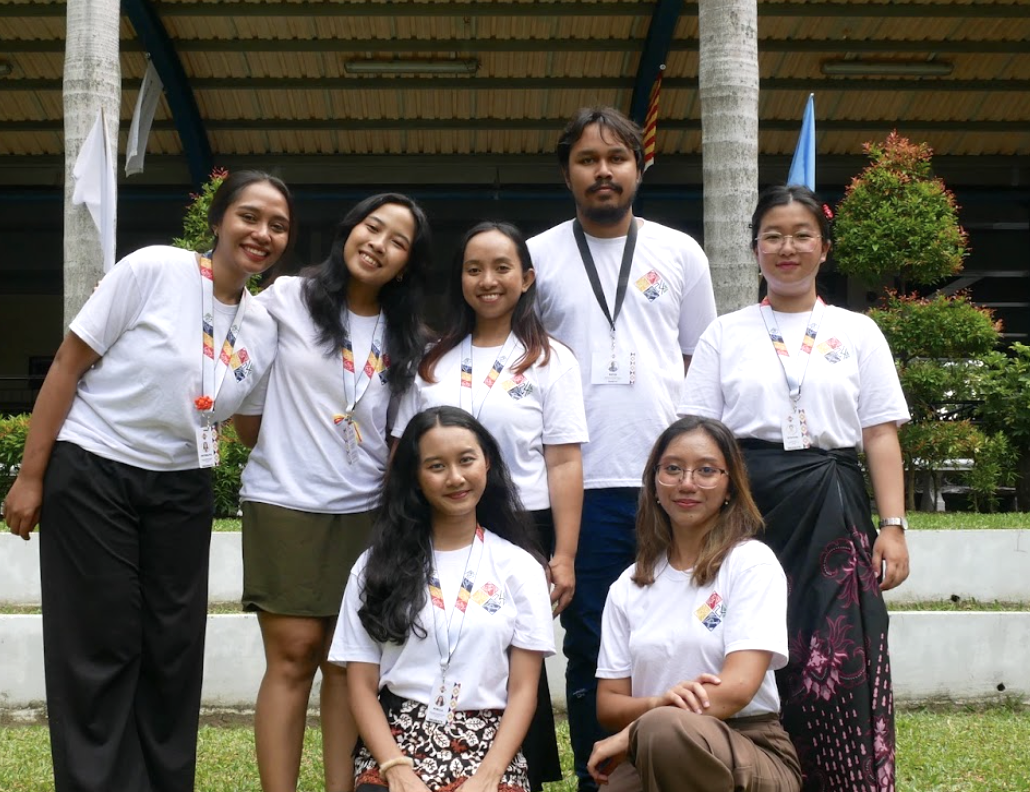
Sanata Dharma University, Indonesia
To address the challenges of political dynasties, nepotism, and systemic issues in democratic governance, the goal is to provide holistic student formation that fosters academic excellence, personal growth, and social responsibility. This is achieved through character building, integrating programs and extracurricular activities that emphasize discipline, leadership, and community service, while promoting awareness and opportunities for systemic change.
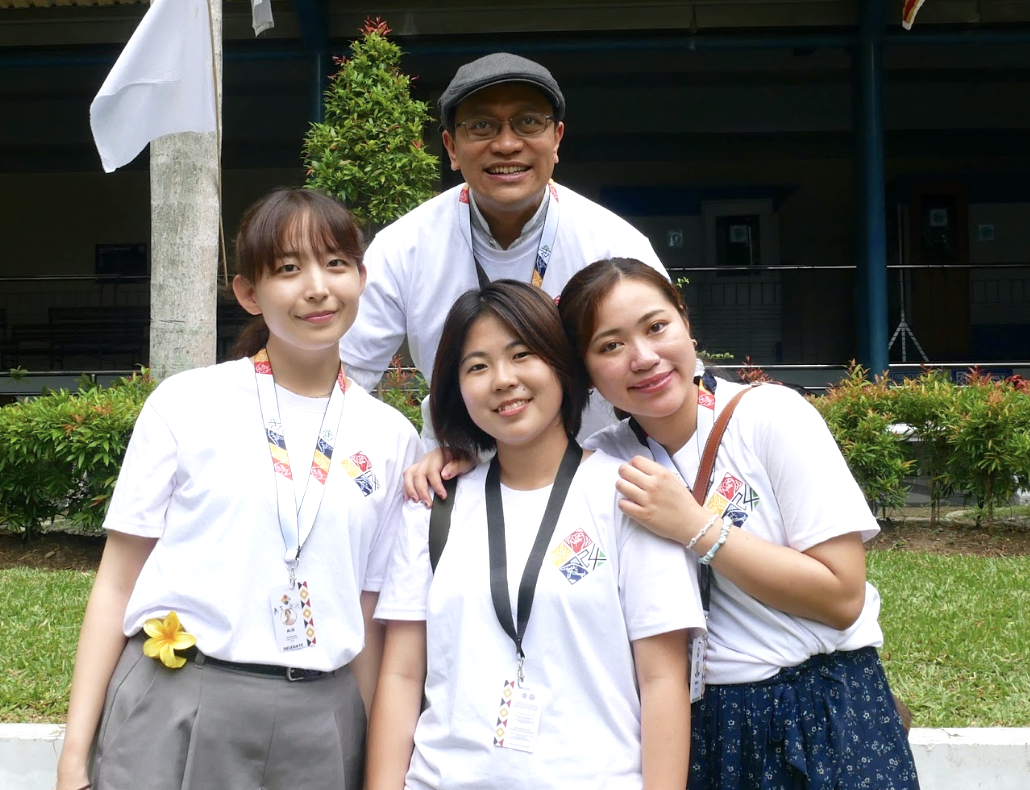
Sophia University, Japan
They identified that poverty exclusion poses a significant challenge to democracy, particularly affecting Japanese youth. The goals are to raise awareness about the realities of poverty, increase support for youth facing poverty, and provide opportunities for students to engage with international peers on social issues. This will be achieved by disseminating stories from immersion experiences through media collaborations, facilitating interactions between students and volunteers/NGOs working on poverty, and organizing online events for discussions on politics and social affairs with peers from other Jesuit institutions.
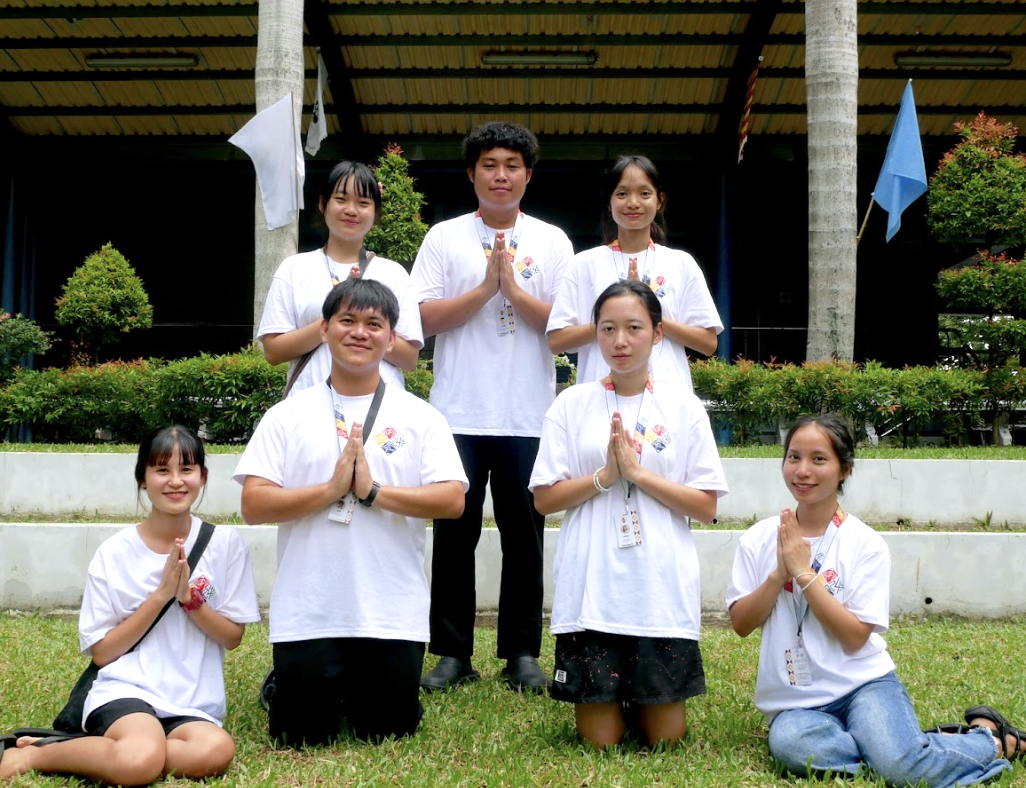
Xavier Learning Community (Saengtham College Xavier Campus), Thailand
The salient learnings highlight social inequality faced by tribal communities, particularly in rural areas of Thailand where development is concentrated in urban centers like Bangkok. Rural areas suffer from poor education, inadequate infrastructure, and limited access to public health services, leading to migration and social issues. The goals are to raise awareness about economic problems and inequality, create a village page for youth, develop local leaders, and engage in conversations about their rights. The strategy focuses on making rural people aware of their rights, ensuring their voices are heard, and encouraging collective action against inequality. Key stakeholders include XLC students from tribal communities who receive support from the Jesuit Foundation and the Xavier Voice social platform for sharing information and advocacy.
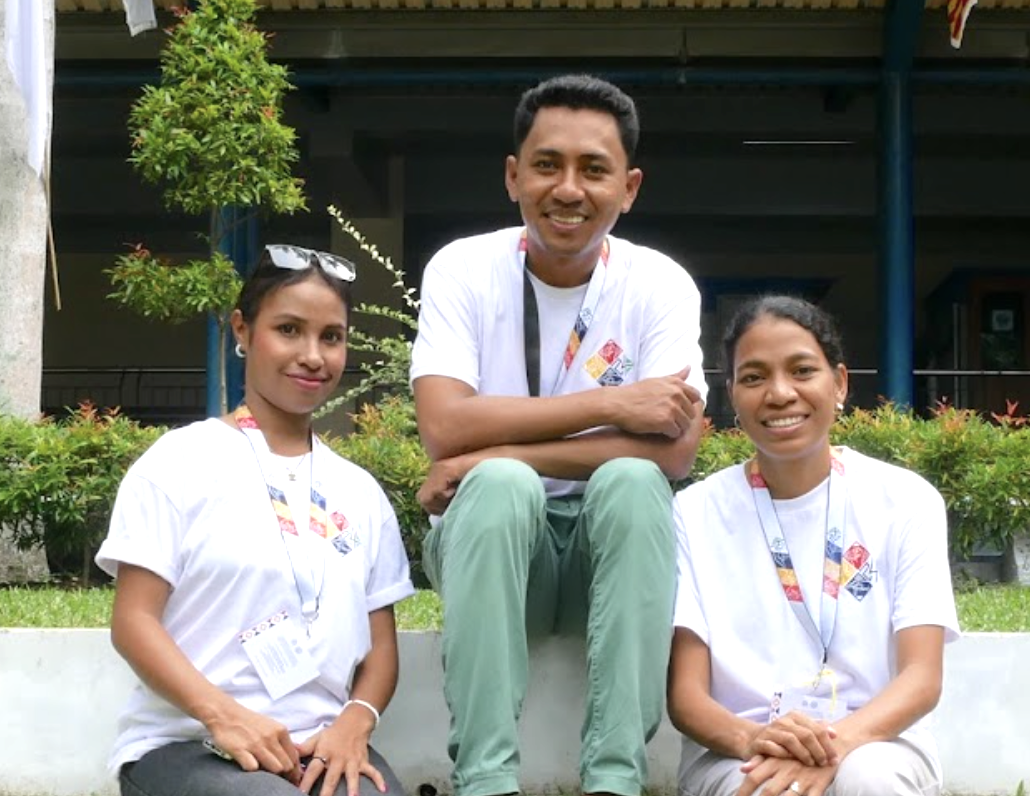
Instituto São João De Brito, Timor-Leste
Democracy faces challenges such as political dynasties, injustices, transparency issues, and accountability, with nepotism contributing to democratic backsliding. The goal is to motivate individuals, especially students, to understand democracy and mitigate the impact of nepotism. This will be achieved by initiating group conversations, among two to three people, with stakeholders from the CHEGA Centre and Instituto São João de Brito to gain support and insights, and by implementing educational initiatives on the effects of nepotism.
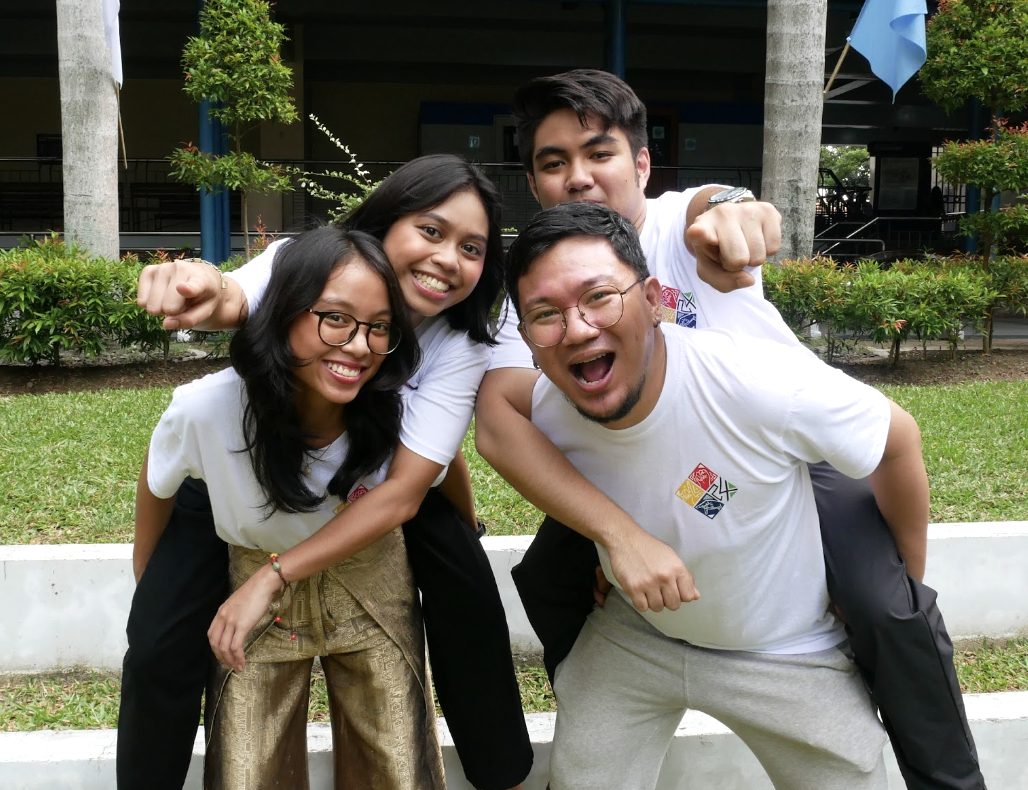
Ateneo de Manila University, Philippines
The salient learning emphasizes the importance of immersion, values clarification, and empowering individuals to take ownership of their power, while also addressing barriers to democratization such as literacy, access, gender, and learned helplessness. The goal is to increase access to information and empower democratization through accessible stories and conversations. This will be achieved by launching a community podcast featuring episodes on shared topics, issues, experiences, and hopes with contributions from students, alumni, community members, formators, faculty, and other invited guests.
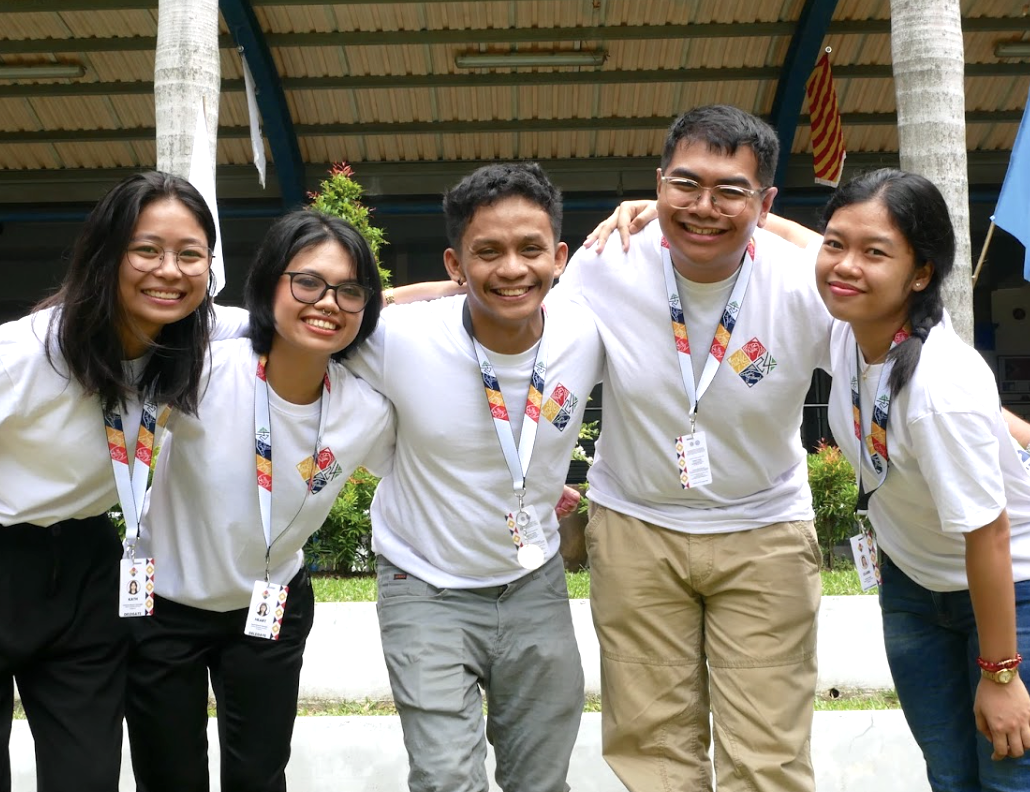
Ateneo de Davao University, Philippines
The salient learning highlights that communities in Davao City and neighboring areas, such as Samal, are vulnerable to displacement and that democracy is a way of living that impacts everyone. The goal is to empower individuals to advocate for their rights, ensure inclusion in sustainable development, and raise civic and democratic awareness among leaders, including SK representatives. The strategy involves initiating dialogues between local governments, residents, and agencies on relocation plans, conducting formation sessions on democracy for leaders, and creating opportunities for student engagement in civic consciousness through partnerships with NGOs and events like Democracy Fair.
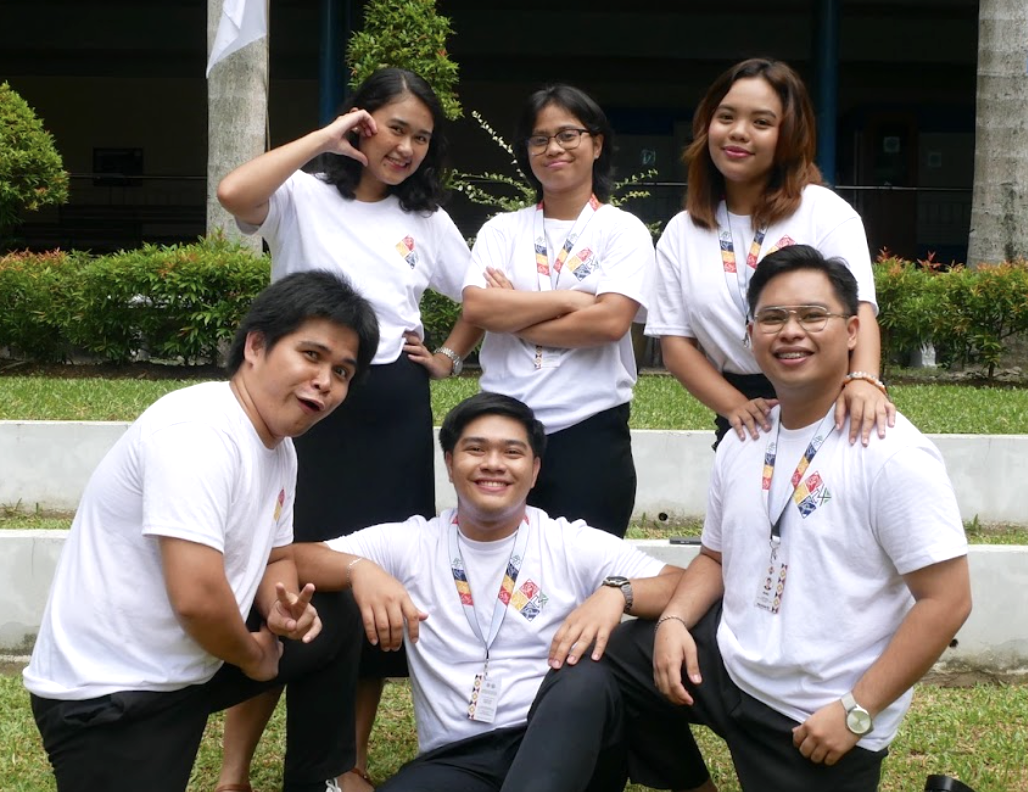
Xavier University – Ateneo de Cagayan, Philippines
The salient learnings emphasize that democracy is a way of life that empowers participation and asserts the importance of visibility in student discussions. The goals are to enhance dialogue, participation, and visibility in democratic processes. The strategy involves creating democracy dialogues through ORSEM student sessions, leveraging events like National Student Week and EDSA People Power Revolution to promote democratic movements, and partnering with organizations like CSG-Department of Mission and Social Action to strengthen democracy at XU. In addition, creating a “democracy corner” and utilizing media platforms for featuring news and discussions on democracy will help create impactful engagement.
Published on
